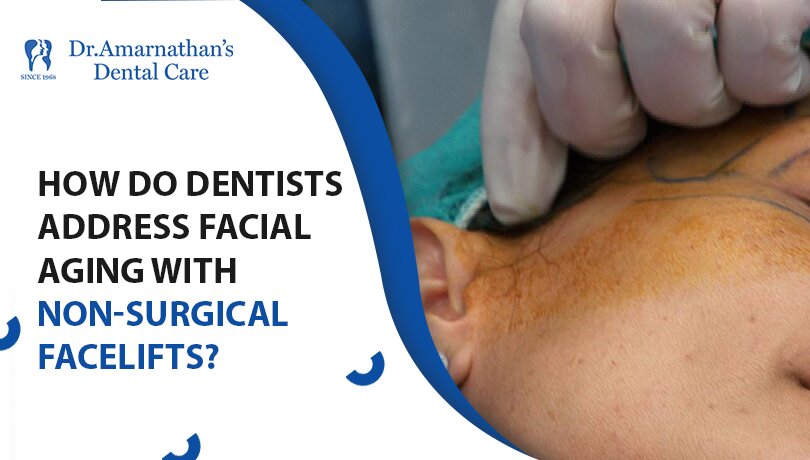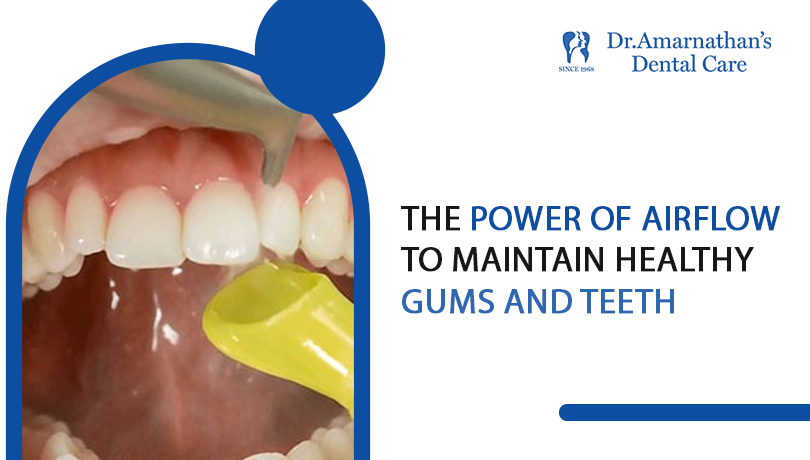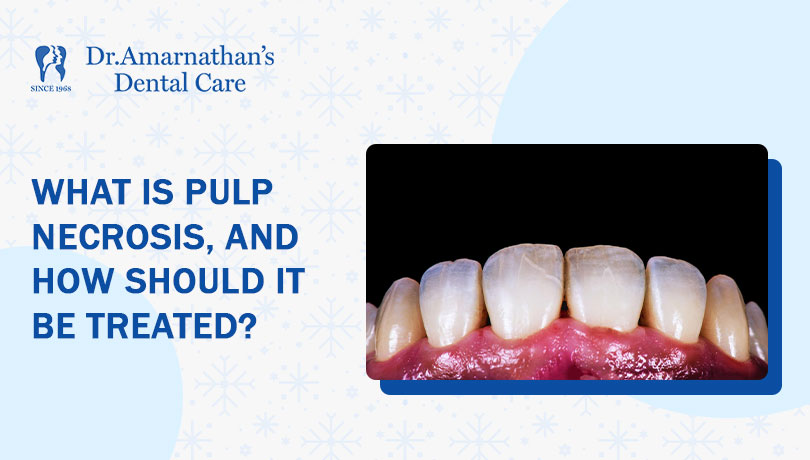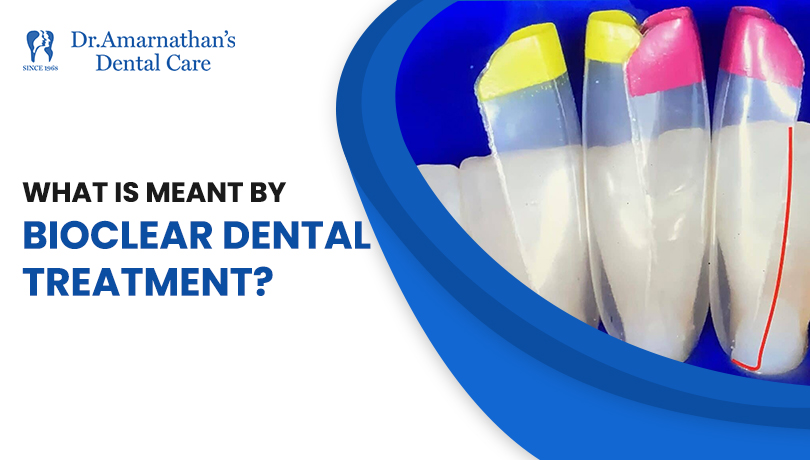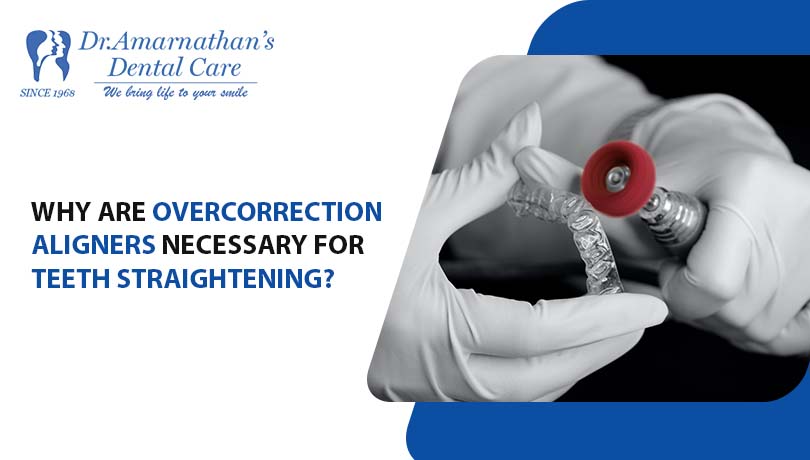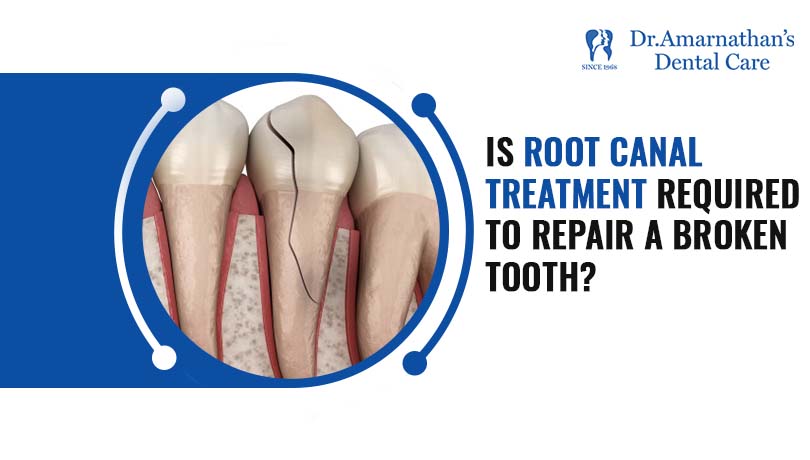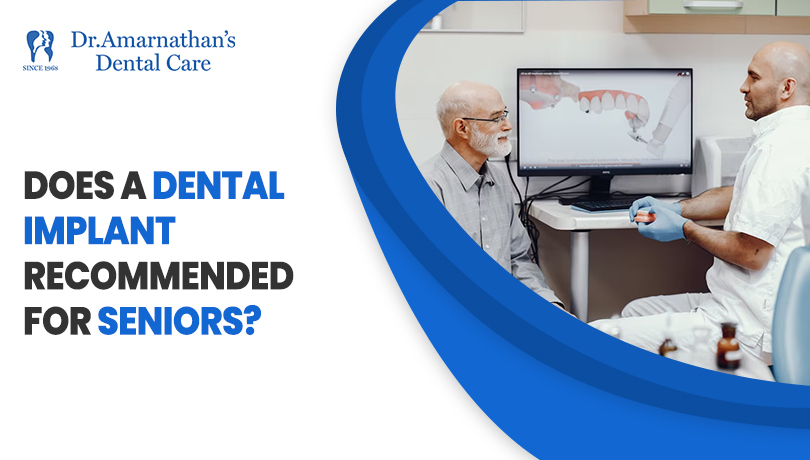
Does A Dental Implant Recommended For Seniors?
Introduction
Despite the fact that implantation is a surgical operation, it does not have strict upper-age restrictions. You can undergo the procedure at 60, 70, and even 80 years old. The main thing is that there are no specific contraindications, and the general state of health allows such procedures to be carried out.
Implant manufacturers produce several dozen lines designed for gentle installation in difficult conditions. Artificial roots differ in size, design, type of coating, cutting width, and other indicators. This expands the possibilities of implantation in the elderly but has its own characteristics:
- Loose bone tissue with areas of osteoporosis does not contribute to good primary stabilization.
- Acquired diseases impair the healing and nutrition of bone tissue.
- Long-standing periodontal disease and poor hygiene increase the risk of infection and implant failure.
What prevents implantation in old age?
The main problems that interfere with the process of implantation or its stabilization in the bone are:
Reduced immunity
Every year, the state of the immune system worsens. Blood cells involved in the formation of immune factors lose activity and are produced by the body with reduced intensity.
Problems with the blood coagulation system
Despite their presence, you can always choose a less traumatic treatment principle, for example, bloodless implantation.
Impaired perception of anesthesia
During the procedure, you will have to carefully choose an anesthetic in order to numb the surgical field well.
Areas of severe bone atrophy
In addition to osteoporosis, another specific problem of bone tissue is its atrophy. It develops gradually in place of lost teeth.
Is dental implantation possible in older patients? If so, what should you prepare for?
Implantation in adults is possible at almost any age. If a patient is over 55 years old, they need to make more efforts to get results, such as:
More often, appointments
The doctor will more carefully monitor the progress of engraftment to prevent the development of inflammation and implant rejection.
A thorough examination
It is especially important that permission for the procedure is given by the therapist observing the person. The presence of diabetes and hypertension is not a strict contraindication for a number of implantation techniques.
Undergo psychological training
A high level of stress is overcome by prescribing light sedative (calming) drugs and a heart-to-heart conversation, during which the doctor will dispel the patient’s doubts and fears.
Dental implants for elderly people- Precautions to take
Dental implants have no age constraints, and it is never too late to rediscover the joy of smiling and eating your favorite foods. However, some care must be taken in the following situations:
People with Osteoporosis and Dental Implants
A key consideration revolves around osteoporosis, a bone ailment prevalent in the elderly, notably postmenopausal women. Osteoporosis renders bones fragile and susceptible to loss, increasing the likelihood of tooth loss, a common consequence.
Despite misconceptions, osteoporosis doesn’t necessarily disqualify older adults from dental implants. In reality, individuals with osteoporosis can benefit similarly to those without it. Several factors support this. Dental implants can improve chewing function, potentially enhancing nutrition and mitigating future bone loss. Therefore, even amid osteoporosis, dental implants can remain a viable option, offering improved quality of life and dental function. Making informed choices in consultation with a healthcare professional is essential for potential implant candidates.
People with Diabetes and Dental Implants
There’s no inherent barrier to dental implant placement when a person enjoys excellent health. However, specific health conditions can pose obstacles. Diabetes is one such condition. In many cases, dental implants can still be considered, even if an individual has diabetes, whether type 1 or type 2. It’s important to note that the response to implantation might be less favorable for individuals with diabetes. Their compromised immune system can complicate the healing process, affecting both soft tissues and bone, potentially leading to increased discomfort.
Nonetheless, it’s worth emphasizing that effective diabetes management can make even seemingly challenging procedures feasible. With proper care and medical guidance, individuals with diabetes can explore dental implants as a viable option for improving their oral health and quality of life.
People with heart problems and Dental Implants
Dealing with recent heart attacks is a crucial consideration. If someone has experienced a heart attack within the past six months, they might face challenges post-surgery, with a risk of poor adaptation. It’s advisable to wait for stabilization. Additionally, obtaining approval from a cardiologist is essential. Dental implants themselves don’t directly affect the cardiovascular system, but surgery and anesthesia pose potential risks. Patients with prior cardiac events can still receive implants if they’re in good health and stable. However, if stress, anxiety, or contraindications exist, it’s better to delay. Techniques like sedation can help keep patients calm during the procedure, ensuring a worry-free operation.
Every situation is different, and only your personal dentist can tell you if you can place dental implants despite your problems. The only thing that will never stop you from having the surgery is definitely your age. Dental implants can improve the quality of your life and give you back the pleasure of eating the food you love without any problems, even if you are elderly.
Bottom line
Dental implants are a viable option for seniors, with age alone not being a barrier to their placement. While factors like osteoporosis, diabetes, and heart conditions can pose challenges, they don’t necessarily preclude implantation. Modern dentistry offers solutions to address these concerns. Careful assessment, monitoring, and communication with healthcare professionals are essential. Dental implants can significantly enhance seniors’ quality of life, restoring their ability to enjoy food and smile confidently. Age should not deter anyone from exploring this transformative dental solution and regaining the joys of eating and smiling, even in their golden years.



